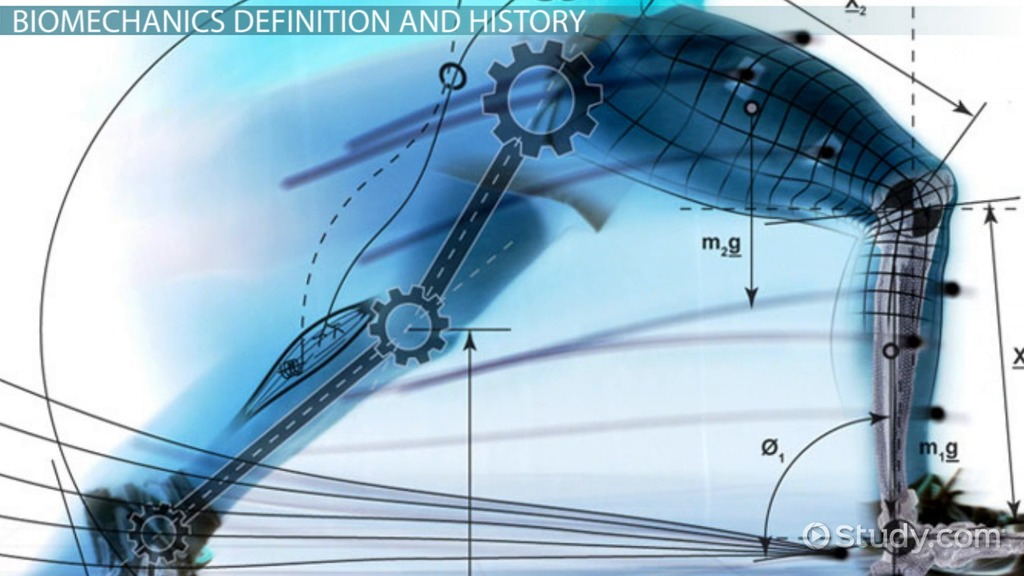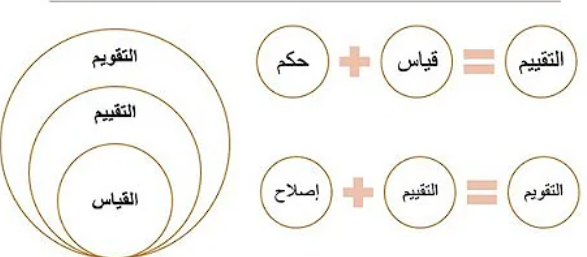هذا المقياس موجه إلى طلبة معهد علوم و تقنيات النشاطات البدنية و الرياضية، و هو مقياس يحتوي على
.مختلف المكونات المساهمة في تعليمية الأنشطة البدنية و الرياضية
- منشئ المقرر: Azzeddine Kaddour

- منشئ المقرر: Merabet Djemali
المقياس موجه لطلبة معهد علوم وتقنيات النشاطات البدنية الرياضية عبارة عن مجموعة من النظريات الاساسية التي تساعد وتعرف الطالب بالحقل التعليمي التعلمي .
- منشئ المقرر: Ahmed LAZNEK
The subject of measurement, testing, design and construction of tests is considered one of the very important topics in the educational and psychological field, as well as physical education, sports and "sports training", because of its very great relationship in the specialized field because it deals with humans. This person is constantly changing due to the change in the surrounding environment as well as the conditions in which he lives, which are characterized by dynamism and movement all the time, which leads to the instability of the measured phenomena and thus the instability of the measuring instrument in terms of its measurement of the phenomenon to be measured. Perhaps it is fixed in measuring a certain characteristic today in a certain society, but it is not so in measuring the same characteristic after a short period for the same people being measured
.(Measurement, evaluation, and test construction in the humanities and sciences and techniques of physical and sports activities, Ata Allah Ahmed and others, Algeria, Algerian House, 2020, 1st edition, p. 13) with modifications.
- منشئ المقرر: Benali Adda

The Practical Physical Culture course introduces second-year students to the fundamentals of applied physical training through hands-on practice. It focuses on developing physical fitness, mastering correct exercise techniques, and understanding safety and posture principles.
Across 13 practical sessions, students train major muscle groups progressively — chest, arms, shoulders, back, abdominals, and legs — starting with a diagnostic evaluation and ending with a final assessment.
The course aims to help students perform exercises safely, correct movement errors, and plan simple training sessions independently, providing a solid foundation for future application in physical education and sports training.
- منشئ المقرر: Mourad Mihoubi
محاضرة في مقياس الانجليزية ستكون عن بعد خلال السداسي الاول 2025 / 2026 عبر الرابط الذي سيكون مرفقا هنا
- منشئ المقرر: amina yaichetemam